Today’s piece of writing is from Darling author Rachel Edwards. She tells us what she hopes will be different for the women in her family in 50 years’ time. An empowering read.
The women coming up behind me in my family already constitute a magnificent patchwork of races and they live on every continent, bar Antarctica. I hope that in 50 years’ time their diversity will be too great to document with ease (and that their number will include a research scientist who does not mind a bit of snow). These women will be outward-looking and they will think in terms of the world as a global community, rather than adhere to nationalistic tenets, as we must when our loved ones dot the Earth. They will live their lives with the understanding that we are all profoundly connected.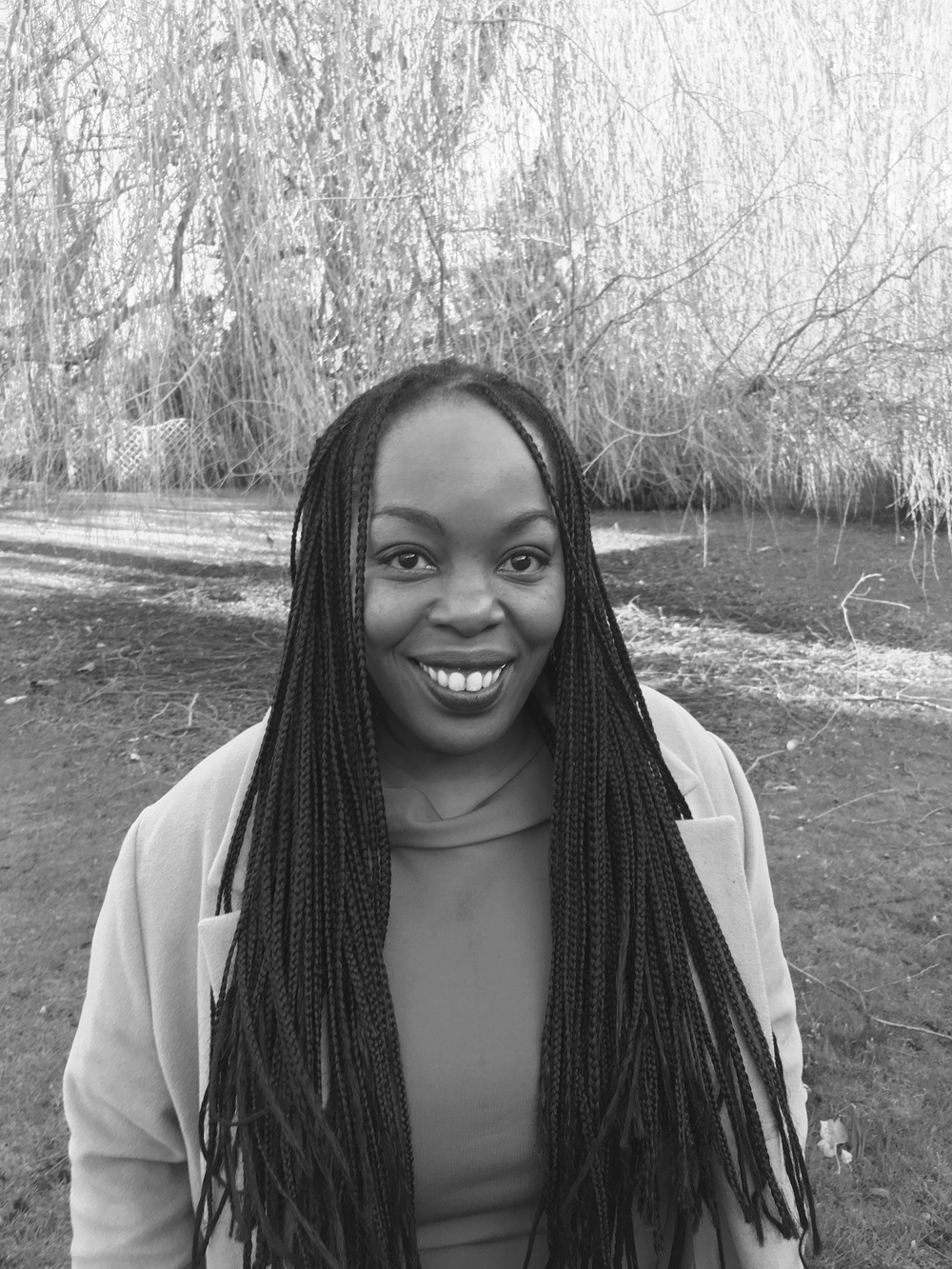
I would expect these future women to grow up assuming that they are as likely to be leaders as their fathers, brothers and uncles and male friends, and to take for granted the fact that their gifts will be recognised if they work with flair, tenacity and grit. These women will never have to wonder whether their pay might fall below that of their male counterparts due to gender difference alone; such a notion will long have proven anathema to all.
My female family members of the future will speak out. They will speak up. Even if they are not always celebrated for speaking up and out, for ideas and ideals, for themselves and for others, be it in a political sphere or in whatever version of the Twittersphere exists by then, they will expect their views to be respected. In this upgraded future, those expectations will be met, both online and offline, more often than they are today.
I hope that women in 50 years’ time will be able to love confidently, without fear of judgement for their choice of partner, if indeed they choose one. I hope that the world will leave them to decide, along with any chosen partner, whether or not they wish to procreate and that these women’s freedom to fulfil all their family planning needs will be acknowledged, rather than dictated by the manmade laws of wherever they happen to be born; an ambitious hope given the prevailing credos from Texas to Tipperary to Tehran. Should these women choose to raise a family, I hope they will be buoyed by legislation that regards all parents’ contributions to child-rearing, their needs for practical, financial and emotional support, and their desire to spend time with their children as being of equal importance.
These future women will feel empowered to find their self-worth in what they do, not how they look. They may care passionately about appearance, but they will define ‘good-looking’ not only in terms of narrow views of sexual attractiveness or front-cover ‘perfection’, but in terms of looks that exhibit signs of health, strength, resourcefulness and an active life well lived. Whether black, white or other, and whatever their shade of skin, they will find it patently absurd that women from one end of the melanin spectrum were ever viewed as superior to women from the other. They may wear retro T-shirts – printed c.2018 and emblazoned with Cheddar Man – to underline the wider point or, as it will long have been accepted that skin colour is just a trait, only as relevant to one’s character as blue eyes or a tongue that curls into a ‘u’, they may not.
These women will not be able to believe that we once thought that sloughing off dead skin cells merited filling the seas with microbeads (“what are microbeads?” they will ask, in the same way that my step-children boggle at the notion of music cassettes, camera film canisters and free higher education). They will not allow anyone to sell them any notions of beauty that depend on the plastic, or the toxic: they will set the agenda and value only what nourishes and celebrates themselves and other human beings as ever-changing, and always flawed, and all the more interesting for that.
Moreover, they will have eliminated all other traces of plastic from their daily lives. They will form part of the wave of environment champions who have risen up to wash the world free of pollution. They, their partners and their children will guard the well-being of our natural home as jealously as they guard their own lives. They will be glorious in their passion for the planet and, by then, quite ordinary.
It is worth noting that, in this reverie of my womenfolk’s future, tampons, like condoms, are available gratis (those women’s charities that currently benefit from the Tampon Tax Fund are already well supported, or have been rendered obsolete). Also, good bras are cheaper than chips. These modest, intimate improvements are not entirely unconnected to these women’s all-embracing interests and the freedom of their lives.
The women of my family will, in 50 years’ time, be making great strides towards promoting kindness as a force in the world that is exponentially more powerful and transformative than violence. That every person’s safety is paramount will be enshrined in every law, in every country. The world they live in will have recognised that insisting upon kindness and respect is the only way to inch closer to anything approaching peace and these women’s life choices and those of their loved ones will both inspire and reflect this paradigm shift.
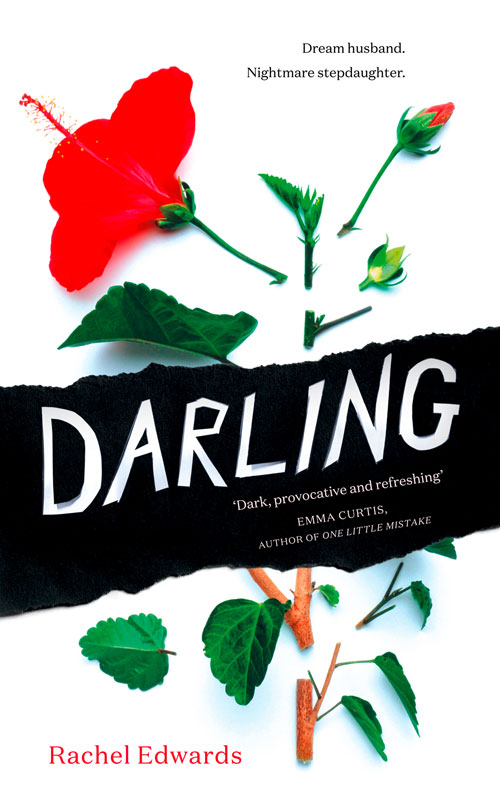 Finally, when I think of half a century into the future, I think back to just over half a century into the past, when Martin Luther King had his dream ‘that my… children will one day live in a nation where they will not be judged by the color of their skin, but by the content of their character.’ Like so many of us in 2018, I still long for that dream to be wholly realised. My novel, Darling, started out under the working title of ‘Blended’: I feel passionately that the only way forward, the great hope of the human project must be that we all blend, all races and genders. It will be messy, frightening and unpredictable, but in the end joyful and immense and important: the only possible chance of a utopia, our human-wrought salvation. The alternative is nationalism and the wars it necessitates, the persecution brought about by xenophobia, and a broad and growing distrust of those who are perceived to be other. I hope that the countless female leaders of the future will work hard to ensure that the children of that time live King’s dream – and Emmeline Pankhurst’s dream and Sojourner Truth’s dream – each day, and that there exists an equality between all dreams of egality which goes on to form the foundation of better lives for all in 2068 and ever after.
Finally, when I think of half a century into the future, I think back to just over half a century into the past, when Martin Luther King had his dream ‘that my… children will one day live in a nation where they will not be judged by the color of their skin, but by the content of their character.’ Like so many of us in 2018, I still long for that dream to be wholly realised. My novel, Darling, started out under the working title of ‘Blended’: I feel passionately that the only way forward, the great hope of the human project must be that we all blend, all races and genders. It will be messy, frightening and unpredictable, but in the end joyful and immense and important: the only possible chance of a utopia, our human-wrought salvation. The alternative is nationalism and the wars it necessitates, the persecution brought about by xenophobia, and a broad and growing distrust of those who are perceived to be other. I hope that the countless female leaders of the future will work hard to ensure that the children of that time live King’s dream – and Emmeline Pankhurst’s dream and Sojourner Truth’s dream – each day, and that there exists an equality between all dreams of egality which goes on to form the foundation of better lives for all in 2068 and ever after.
How do you respond to individuals who openly state that they are not a feminist? Laline Paull responds.
Valeria Luiselli writes about her inspiring daughter in Year 3 here.
Read an extract of Chimamanda Ngozi Adichie’s We Should All Be Feminists.
Subscribe to the 4th Estate podcast.
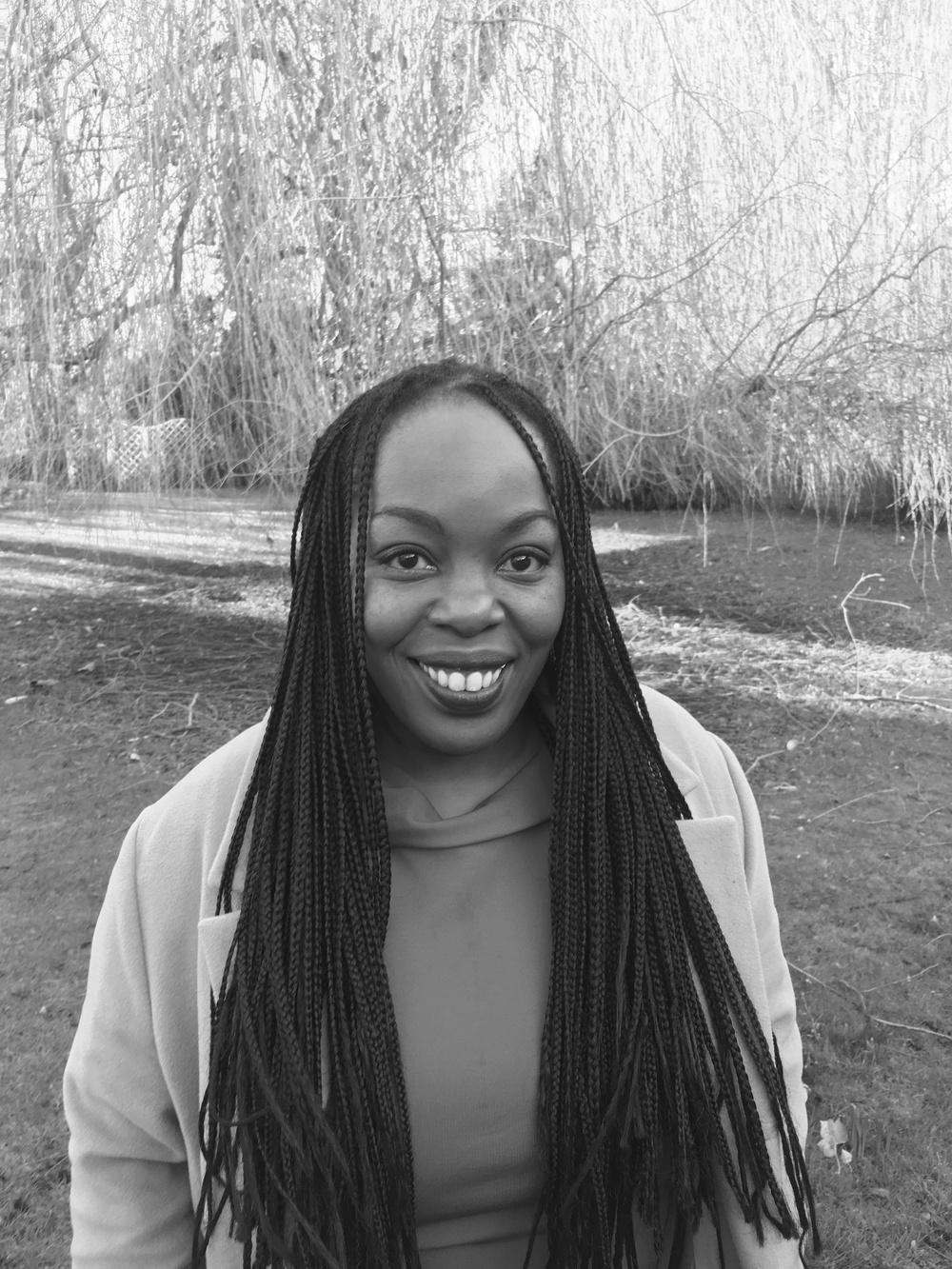
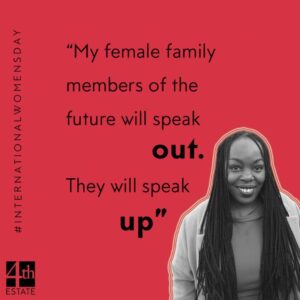


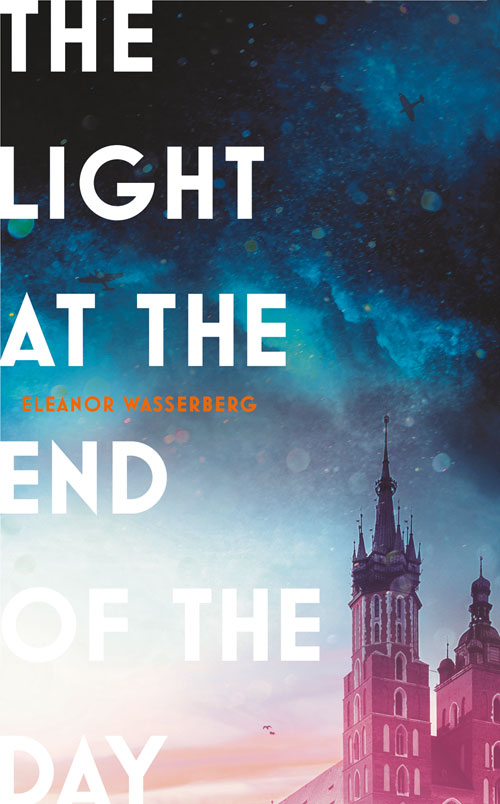
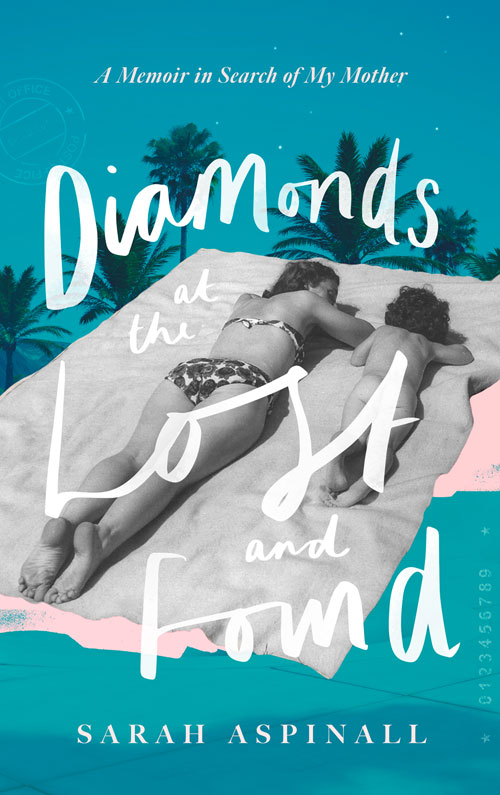
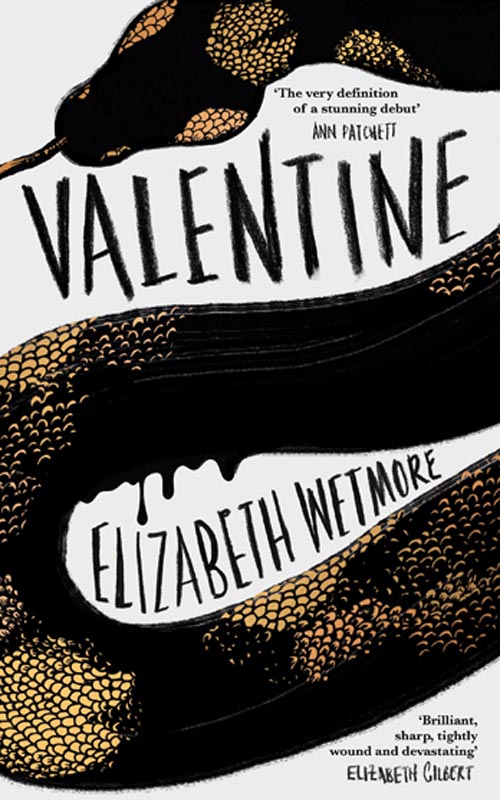
4thestatebooks